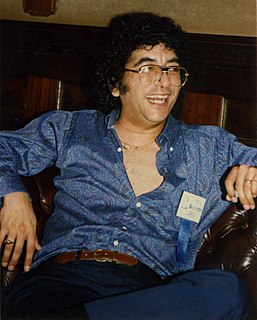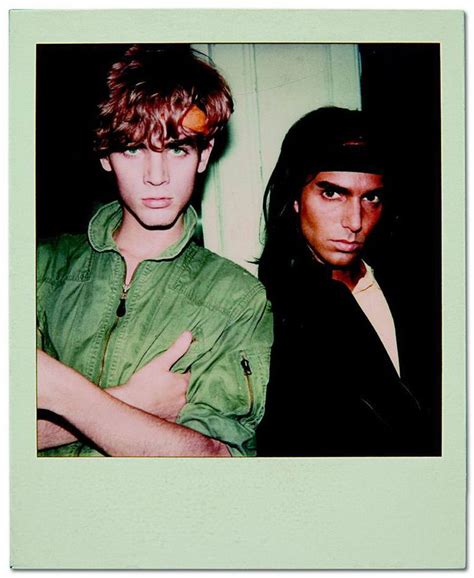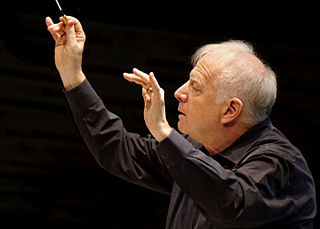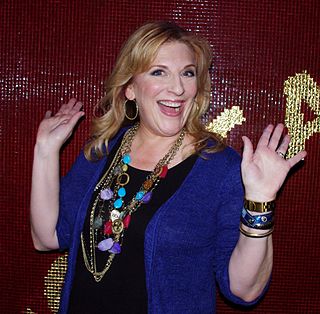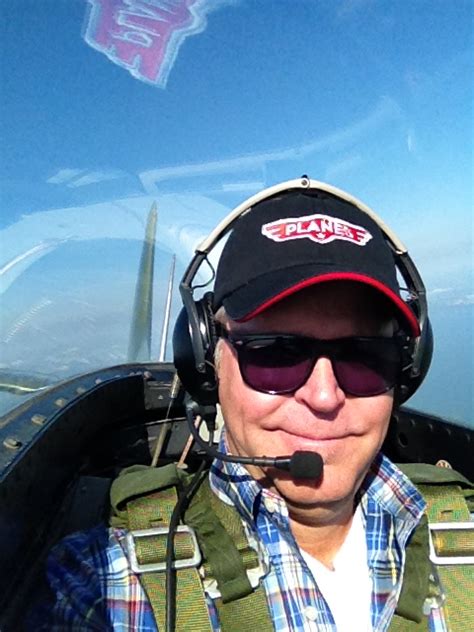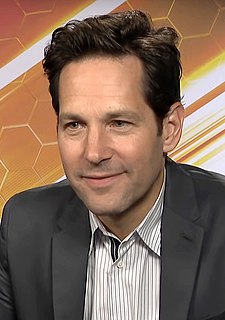A Quote by Robert Asprin
It's interesting that instead of having to get tighter and more restricted for a collaboration, strangely enough, from the beginning, we've actually been more confident that we could handle this.
Related Quotes
I was always telling myself I could handle a more complex role, I could handle something bigger and more interesting than the work I was doing. But I wasn't demanding that of myself. At a certain point, I realized it was never going to come my way unless I started taking more control of it. That's what I realized I had to do.
At the beginning, Edo was a photographer, and I was more of a talent scout and doing styling and modelling. Then all of a sudden, in 1977, he gave me a Polaroid camera, and I discovered that instead of having to go to a lab and develop the film, I could just take a click and get a picture! It was genius, and I was very good at manipulating it.
If I was to direct a movie about a super-confident guy, first of all I would hate that character. I can do a super-confident guy who crashes and burns and has to rebuild himself as somebody humble. But a super-confident guy that just gets more confident and gets the girl and the money and more success? That's not interesting.
Sculpture, for me, provides that environmental discipline where you actually move in and around it. And if you have a good collaboration with an architect, to combine those aspects of color - I'm talking about color becoming a form within the building - that is a very different approach. I love contemporary architecture, which makes collaboration more interesting-and you have to be able to collaborate. It's like making a film, in a way: Everyone is a part of the team.
You have to think of each stage of the movie and how it progresses, get into the state of mind of the character, and then match the camera to that, and keep making it tighter and tighter and crazier and crazier so people don't get bored. You know you cannot do a similar shot that you did at the beginning of the movie at the end.
It's very interesting being an artist and a comedian, (because) you aim for jobs that will feed your ego, but when you get up to the precipice of them, you actually have to deliver. You actually have to understand that you're reaching a new level where there are way more eyes on you, way more expectations and way more pressure.
So actually what that was able to do was twofold. For me, it helps illustrate what DTS is capable of doing right from the beginning. And secondly, technically, it actually gave us a little bit more time so we could just finesse some effects and things like that, because when you release theatrical, you actually get a bigger window than if you're DVD when you have to have it done sooner so they can press the DVDs and all that kind of stuff.
